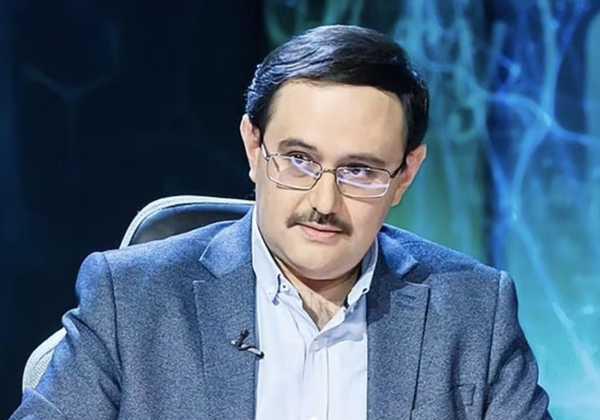Assassination of Russian Missile Scientist Near Moscow: Implications and Analysis
A leading Russian missile scientist, Mikhail Shatzky, was killed near Moscow in what Ukrainian media claims was a special operation by Ukraine’s defense intelligence. His death raises questions about Russia’s military technology development and security.

The reported assassination of Mikhail Shatzky, a prominent Russian missile scientist, in Kutzminsky Park near Moscow marks another significant development in the ongoing Russia-Ukraine conflict. Shatzky held a crucial position as the chief scientist at Russia’s Mars Design Bureau, where he played a vital role in advancing the nation’s missile technology.
Shatzky’s contributions to Russian military capabilities were substantial. He spearheaded the integration of artificial intelligence into unmanned aircraft and other aerospace systems. His work included supervising the modernization of Kh-59 and Kh-69 cruise missiles, making them more advanced and harder to detect. The Kh-69, an upgrade of the Kh-59, achieved remarkable low-altitude flight capabilities at just 20 meters, significantly enhancing its radar evasion potential.
The timing of this incident is particularly noteworthy. It comes amid a series of similar incidents involving Russian scientific and military experts. Ukrainian intelligence services have claimed responsibility, stating it was a “special operation” conducted by their Defense Intelligence Unit (DIU). This incident demonstrates Ukraine’s apparent ability to conduct high-profile operations deep within Russian territory.
The assassination raises serious questions about Russia’s internal security measures, particularly concerning the protection of its key military-scientific personnel. The fact that such a high-value target could be reached in the Moscow suburbs suggests potential vulnerabilities in Russia’s counter-intelligence and personal protection systems.
While the immediate tactical impact on the ongoing conflict might be limited since current military operations rely on existing technology, the long-term strategic implications could be significant. Shatzky’s death might affect Russia’s future military technology development, particularly in the realm of missile systems and AI integration.
This event also fits into a broader pattern of targeted operations against Russian military-scientific expertise. Similar incidents have occurred involving other Russian scientists, including those working on nuclear projects and other military technologies. This pattern suggests a systematic effort to degrade Russia’s military-technical capabilities through human asset targeting.
The Russian authorities have not officially responded to this incident, which itself is telling. Their silence might indicate either an ongoing investigation or a reluctance to acknowledge security vulnerabilities, particularly concerning the protection of key personnel in the military-industrial complex.
From a broader geopolitical perspective, this assassination represents an escalation in the shadow war being fought alongside the conventional conflict. It demonstrates how modern warfare extends beyond traditional battlefields to include targeting of scientific and technological capabilities that underpin military power.